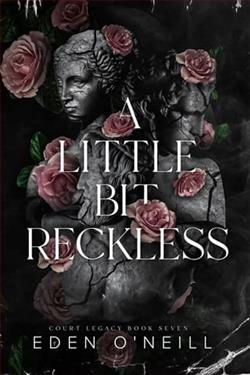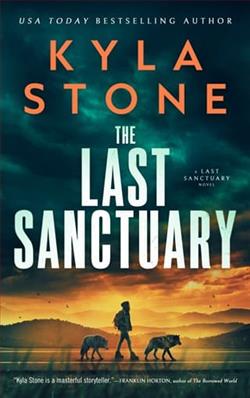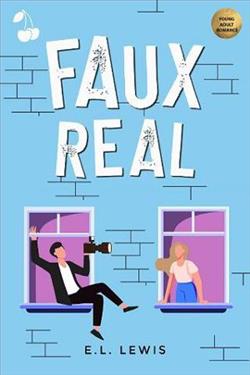Page 19 of Thawed Gladiator: Quintus
Reading people has always meant survival. Knowing their intentions, their fears, their weaknesses. That skill kept me alive when younger, stronger men fell.
But with Nicole, the analysis feels different. More personal. More dangerous.
She’s definitely interested—that much has been clear since this morning’s manufactured training session. But while her movements felt deliberate, almost practiced, my reaction was anything but. Heat coiled low and immediate, the kind of instinctive pull I know from combat—only this wasn’t the anticipation of violence. It was the far more dangerous rush of wanting.
The way she stood closer than necessary, how she held eye contact a moment too long, the way she lingered after our hands touched during the lesson. All signals I recognize, even if I’vehad limited experience receiving them.
But something feels calculated about her approach. Like she’s following a script rather than instinct, executing a plan rather than responding to genuine feeling. There’s a fragility under her confidence, like a woman choosing desire with effort rather than being swept up in it.
The distinction matters, though I’m not entirely sure why.
“The air smells different here,” she says, breaking the comfortable silence. “Cleaner. Like it’s not filtered through twenty thousand other people’s lives.”
“Cities carry the weight of too many stories,” I agree, understanding exactly what she means. “Here, the air remembers only grass and horses and honest work.”
She glances at me with something that might be surprise. “That’s almost poetic.”
“Is that unexpected?”
“A little. You come across as so practical, so focused on fixing things.” She pauses. “I’m discovering there are many layers I didn’t anticipate. And I like surprises.”
The observation hits closer to the truth than she probably realizes. I have spent decades learning to present only the surface that serves survival—competent, reliable, useful. Revealing anything deeper was a luxury I couldn’t afford in theludus, where emotional vulnerability could be weaponized by those looking for advantage.
But we’re not in theludusanymore. And she’s not looking for weakness to exploit.
“Perhaps I am learning it is safe to show more than what is merely useful,” I admit, though honesty still feels dangerous in my mouth, honesty still a dangerous thing to offer.
Her smile transforms her face, warming it in ways that steal my breath. “I like that idea. That you feel safe enough to be more than what people expect.”
We’re walking toward the more secluded paths now, away from the main compound where casual conversations echo across courtyards. I know the route she wants without herhaving to ask, because I’ve been reading her body language all evening—how she angled us away from populated areas, how she chose directions that lead toward privacy.
That awareness makes me sharply attuned to everything about her. Confidence has changed how she carries herself: shoulders back and head high instead of hunched in apology.
How intelligence lights her eyes when she’s engaged in conversation. The growing grace in her movements as she learns to inhabit her body without shame.
Everything about her draws me in ways that feel dangerous to a man who’s spent so many years learning not to want things he couldn’t have.
“Can I ask you something?” she says as we reach a grove of oak trees.
“Of course.”
“The gladiator thing—how do you handle it? Being seen as this exotic curiosity instead of just… a person?”
The question catches me off guard. Most people don’t think to ask about such complex things.
“Carefully,” I say after a moment. “There is always the risk of being seen as spectacle rather than human. Property rather than person.”
Something in her expression shifts, and I realize I’ve touched on something that resonates with her own experience.
“Yes. Exactly that. Being seen as something to be managed rather than someone to be valued.”
I’ve never had this conversation with another person. I’ve never met anyone who understood what it means to rebuild yourself after the world has stripped you bare.
“In theludus,” I hear myself saying, “connections were temporary. People sold, traded… killed. Learning to care meant learning to lose. It was… easier to remain distant.”
“Easier, but lonely.”
“Very lonely.” The words scrape raw on the way out, more revealing than I’d wanted.















